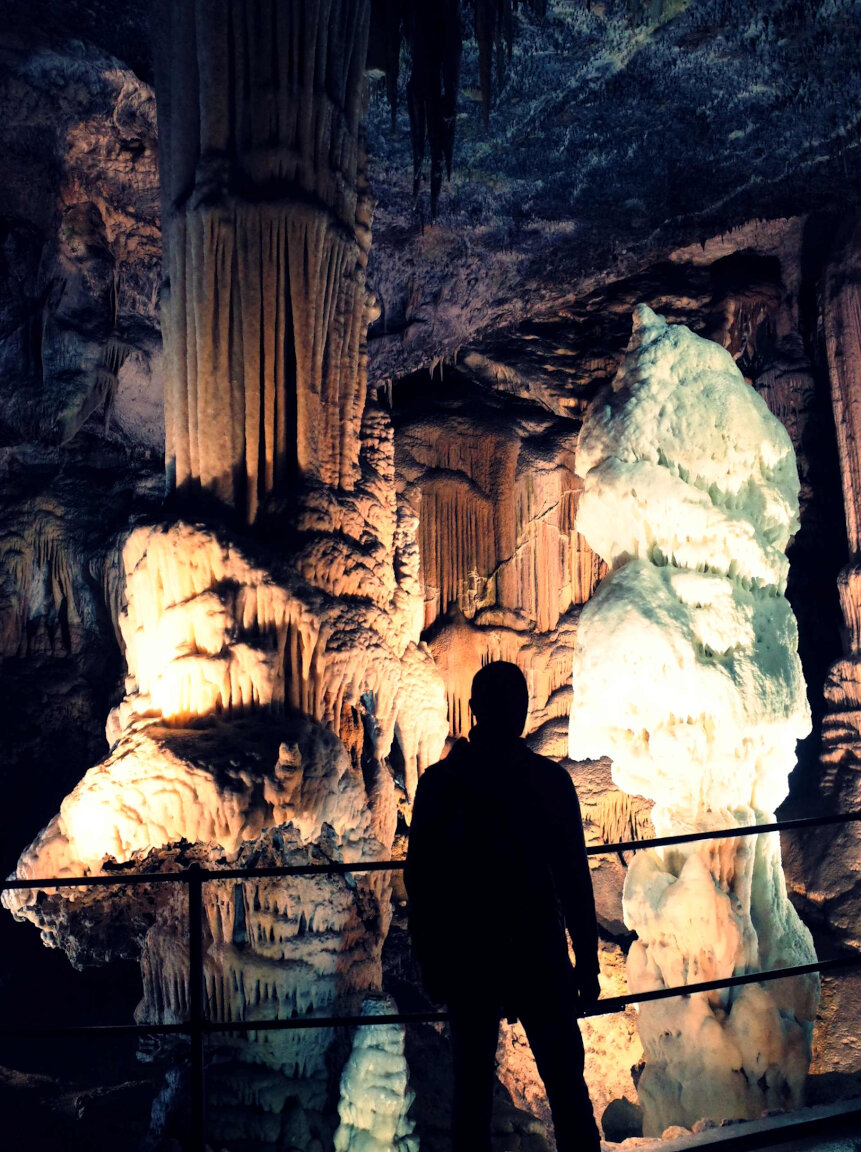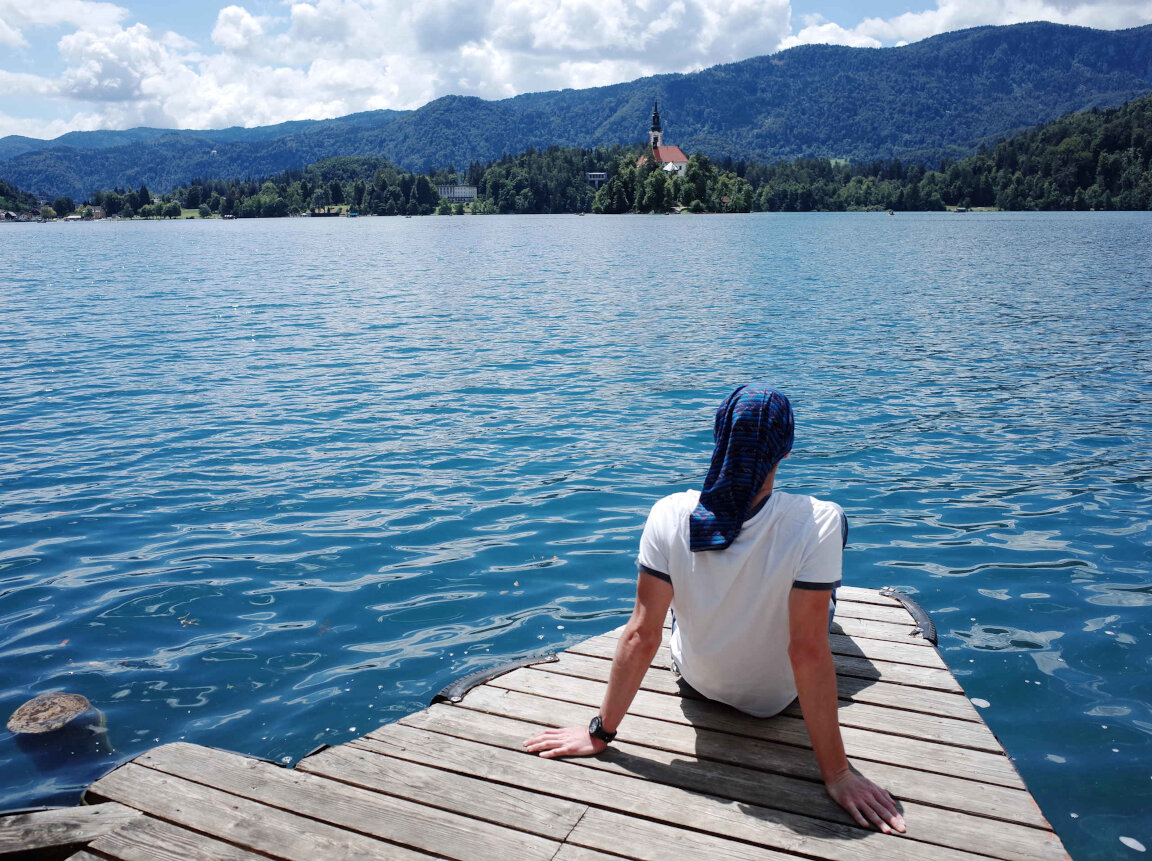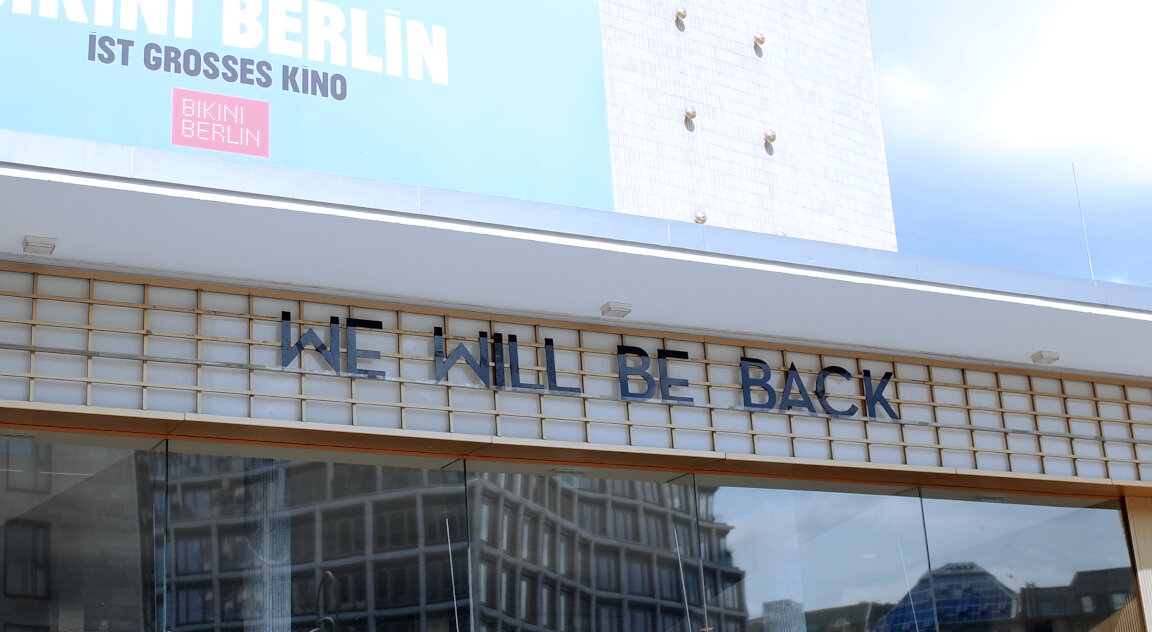👉 Italiano

Walls and Casemates
This article is part of the #20Again series: in these texts, I do not intend to advise anyone to travel, nor I want to convince people to stay at home. Simply and generally, I will tell my experiences and share my thoughts, without the presumption of wanting to influence those of other people. I firmly believe that everyone can decide for themselves, through their own evaluation parameters. In addition, during my travels, I always respected all local restrictions and rules, on which I constantly tried to inquire beforehand.
I had to think for a long time before adding a description to this series. In the end, I found a fairly hermetic one, which I hope to be able to illustrate over the course of the various articles.
#20Again: the rejection of fatigue in a society that rejects death.
The first part is easy to explain: we traveled as (fake) people in their twenties, carrying enough weight and transferring at night with little comfort. Nothing impossible, but it's a way of traveling that we had abandoned for several years.
The difficult thing comes when, in a series of articles that have the journey as a background, you try to throw in an execrated word like "death", after having repeatedly expressed the idea of travel as a point of contact with life, as a channel to make it flow and perceive it. I will try to dissolve the apparent contradiction immediately, but I am aware that it will not be enough, that I will have to work on the concept with the patience of the chiseler.
I don't see death as the opposite of life, but simply as an inevitable consequence of it. Just as fatigue puts a limit on physical effort, it also inescapably comes.
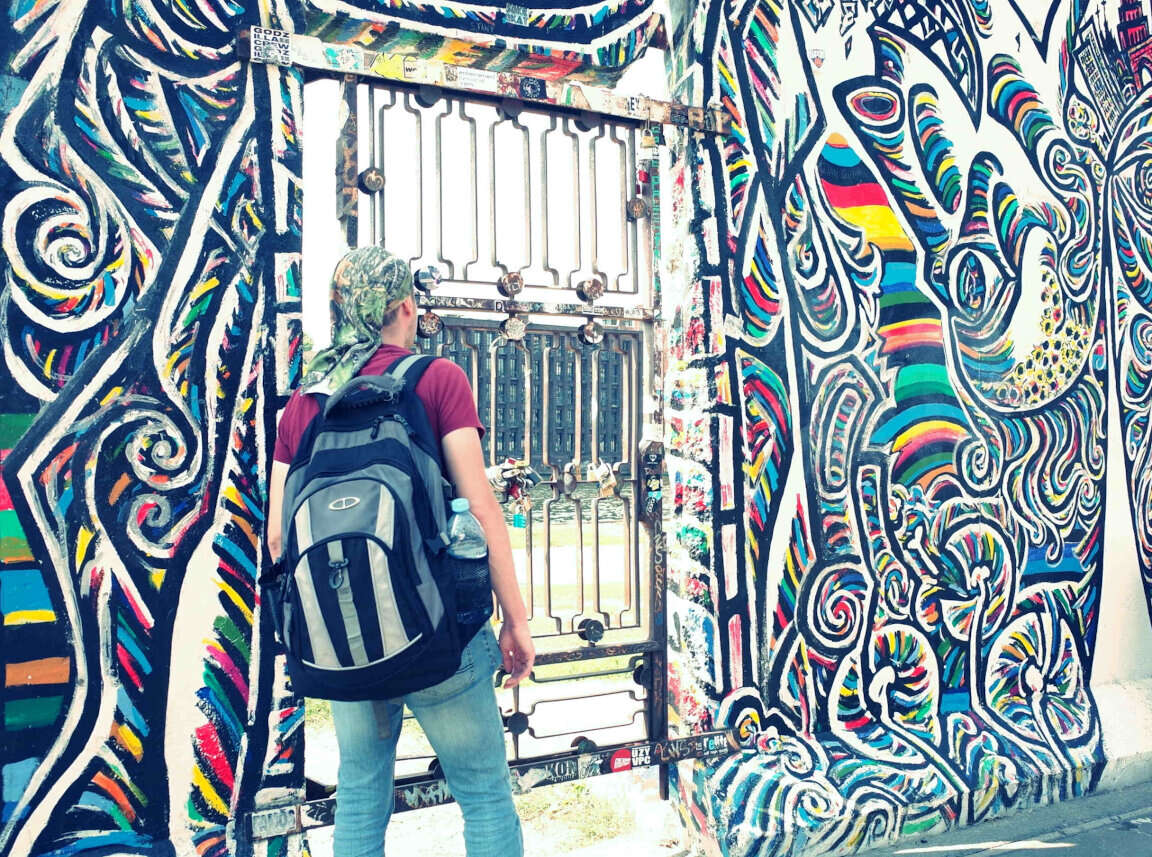
#20Again is an act of rebellion towards fatigue, towards the flowing of years and age. This stance stems from the observation of the society around me, a society that does not accept the death of its individuals, that cancels its possibility, that when has to face it remains bewildered, surprised, and tries in every way to avert it. It seems to be a global trend, as well as contemporary.
And this is how, as a lover of Japanese animation, I finally felt part of a system in which a vast distribution of heroes insists on saving everyone, without exception. I thought it was fantasy, epic storytelling. Instead, I found myself inside it. Thus was born the idea of traveling (where possible) and seeing with my eyes how this battle is taking place in the various places I touched, perceiving the mood of the people around me, observing how everyday life has changed, and reporting to myself of how this heroic attempt is progressing.
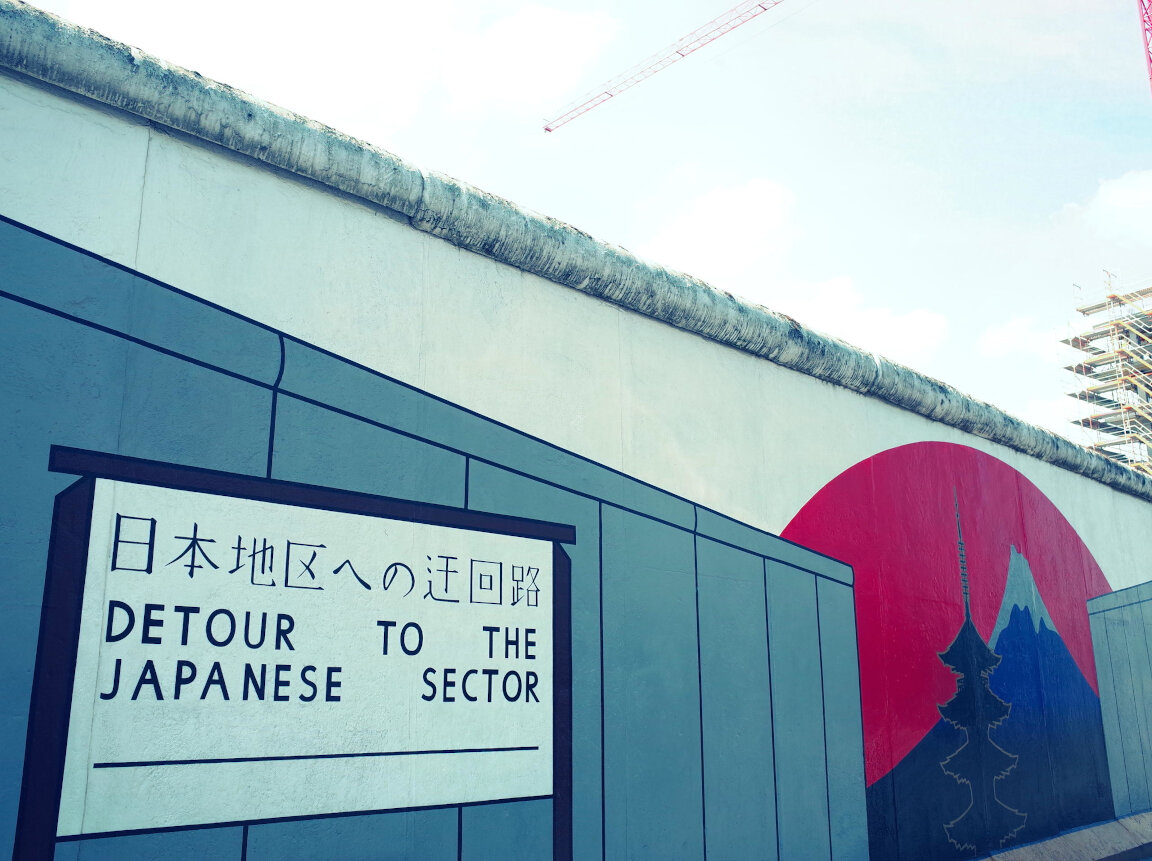
Berlin, due to its wall, and Luxembourg, land of castles and casemates, appeared to me as perfect destinations. Fear, defenses and divisions are elements that characterize this period. I don't think there were places that could represent them better.
I arrive in Berlin and start my walk. By chance, my accommodation is close enough to the old Checkpoint Charlie. At first, I don't see the wall, but I can imagine it. Indeed, imagine them, because it was a double wall almost everywhere. And it doesn't take long to reach a remaining part, close to Potsdamer Platz. What did I feel at the sight? Nothing, I have to say, because a wall is just a wall, especially if it is half destroyed and can be bypassed without problems. Freedom is something that is appreciated most when it is lacking, after all. But then, immediately afterward, I found depicted the story of a family who managed to escape to the other side. And then my brain started to roam. I no longer had the wall as my focus, but constantly the idea of knowing the stories of those who had managed to go beyond it.
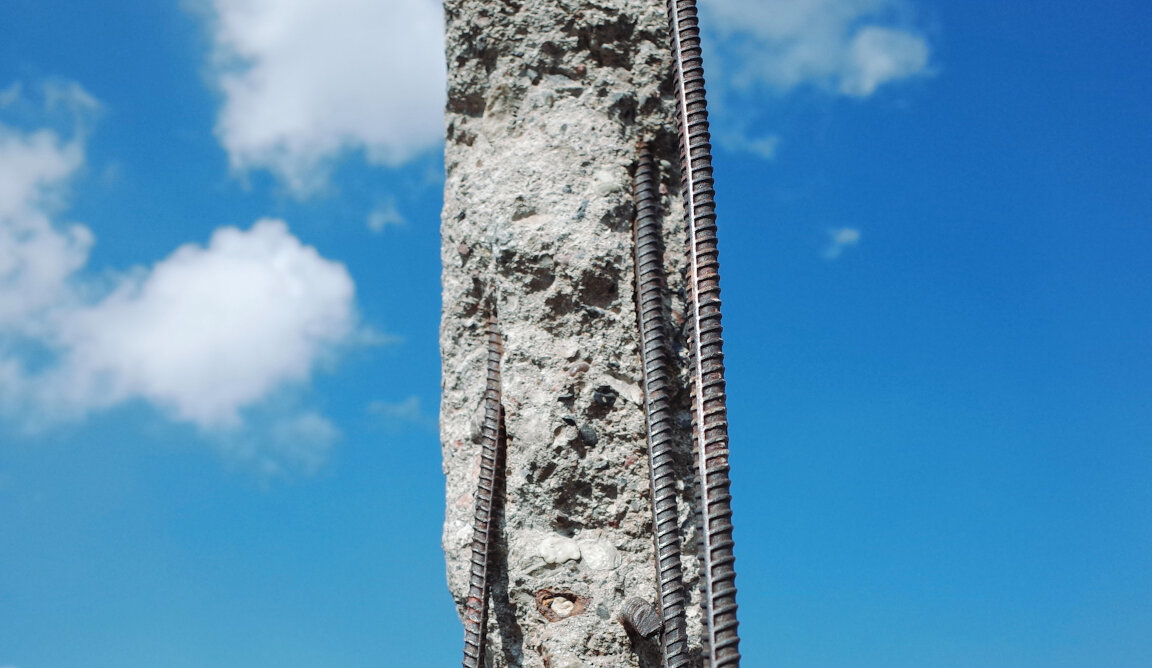
And I know that I am speaking as a spoiled Western man, who had to face very few barriers (at least physical ones) up to now. And I don't even want to bring up the issue of immigration, which is too complex and was not my concern during that experience. But I couldn't help it, I put myself in the shoes of those who were divided by the wall. Which could be inside or outside, depending on the point of view and not just on the actual location. Unfortunately, however, when there is a wall I always end up feeling myself inside it. There are those who perceive it as protection, but I see it more often as a limitation.
In recent months I have seen walls rise: I never thought that I would have to collide with them. They weren't made of concrete and most of the time they weren't even physical. But I felt a lot of division. States have closed, even when friends. Within the states, the areas that divided them have closed, and so on. Discord and poor coordination. To continue up to the individuals. Many have built a wall around them. And that one is the hardest to break down, in many cases it still resists. And I say it without any reproach. Someone has stopped wearing their concrete suit, others keep hidden in their armor. The division remains, in any case. Often one group attacks the other and vice versa. I do not judge, as always, but I observe.
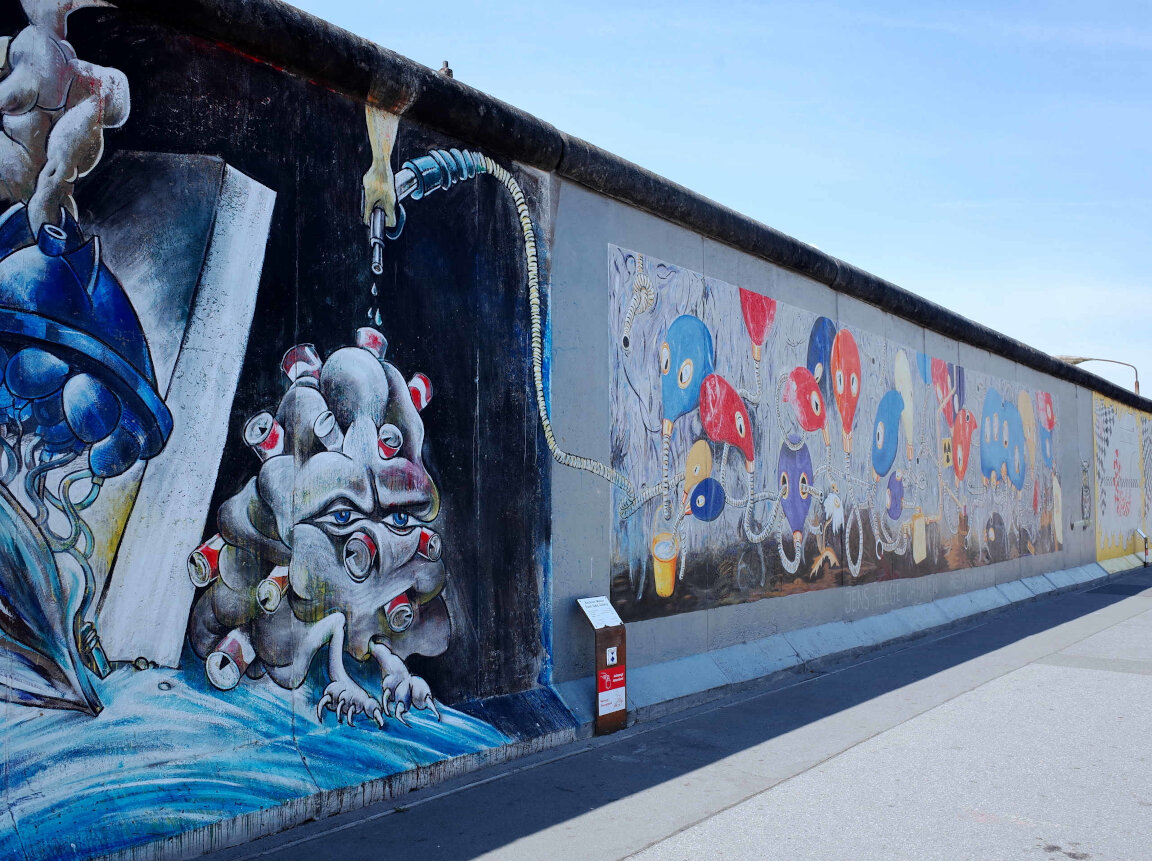
Because we can spread some paintings on the walls, maybe with the mastery they had in Berlin; but when the wall is there just to delimit, I tend to prefer to look through it or take it away altogether. I am perfectly able to restrain my feet on my own, but I would like at least to free the full extent of my sight. And, I repeat, I'm not talking about immigration, nor about peeking into some women's locker room.
And then it happens that I go to Luxembourg to see the Casemates du Bock. I will make a confession here: not being a great fan of military history, before leaving I did not know the word casemate. I discover it while I am on the bus to Luxembourg and I start doing some research on what I wanted to visit. I learn that these famous "casemates" originate from the Italian word "casamatta".
"Intriguing name..." I think
And I immediately start looking for its etymology. Which is uncertain, but two of the hypotheses are a little more compelling. The casemate is a fortification, so the word "casa" (it means "home" in Italian) fits quite well. The problem is the word "matta". If you want to take the Latin origin, it has the meaning of "wicker mat" and, stretching the meaning, the casemate could have been thought of as a primitive fortification, formed with wicker and other intertwined material. But to tell the truth, this doesn't persuade me much. I mean, what kind of fortification would that be?
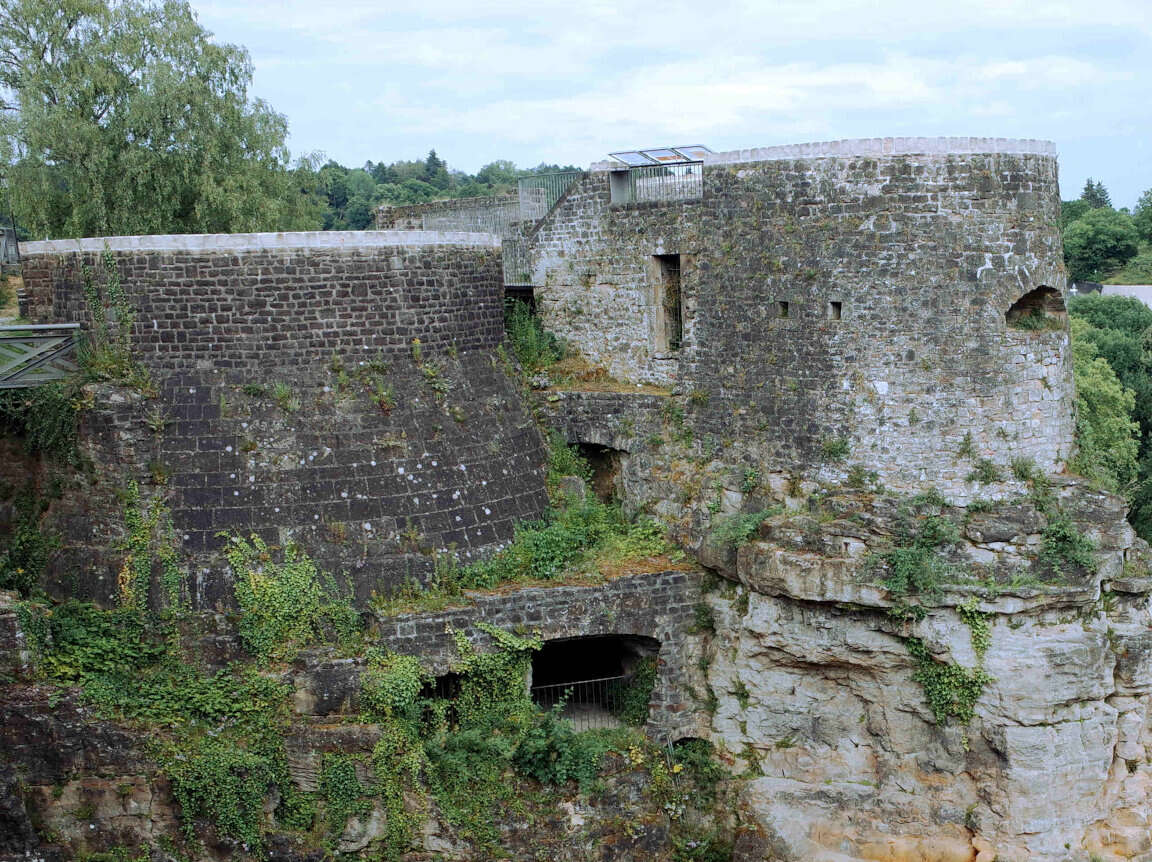
Much more interesting is the most obvious interpretation. The one that says the house is crazy (the meaning of "matta" in Italian); and so, fake. It looks like a house, but it is not, because in the end it is just an element meant to hide, defend and, especially more recently, attack. Anyway, they didn't call it “fakehouse”, “falsehouse” or “housejustinyourmind”, they called it “crazy”.
And then I started smiling. Why specifically "crazy"?
But it wasn't a normal smile. I pictured the guy who built the first one and locked himself in. And the friend who took him for a fool and said to him “What is this crazy house, what is this imitation of a window? Who do you have to hide from? From your mother-in-law?"
But then I remembered my casemate. Crazy house, casemate. The one I was confined to for almost two months. And then the smile took a bitter deviation, but it did not disappear. I laughed at myself, locked up inside my house to protect myself from a real enemy, but little known and invisible. I did what I had to do, I did what was right, but I can't help but get estranged. That was not me, yet that soul occupied my body and appeased my mind.
How crazy are the "crazy houses"!
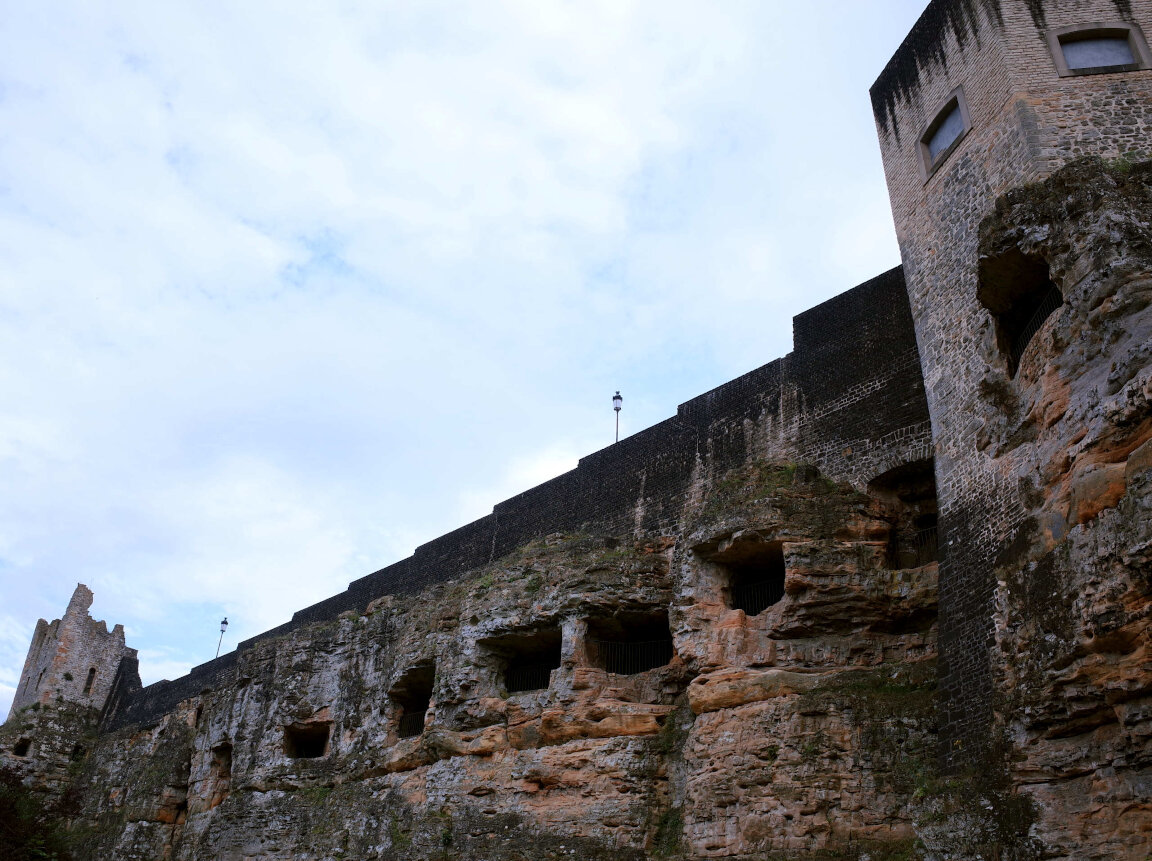
And then finally I arrive in Luxembourg. All excited and hopeful I start looking for the fantastic Casemates du Bock, which is a world heritage site. I don't know what to expect, but I can't wait to visit them. Well, I find them closed. Because of the pandemic, I presume. A construction that used to protect by keeping people inside now protects by leaving them outside.
Unique, isn't it?
You might also like:
